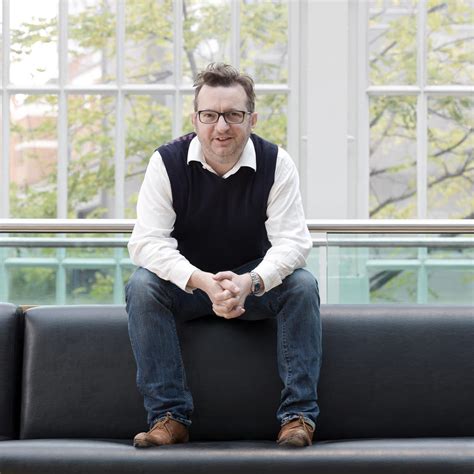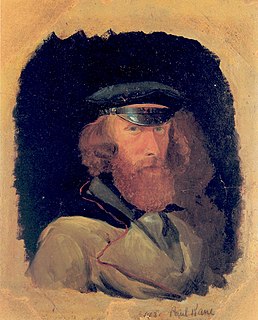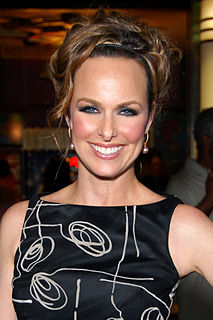A Quote by Judy Blume
I've heard that some authors do dream their books and I would love that if it happened to me, but so far it hasn't. Sometimes I'll get a good idea during the night and if I don't write it down, I won't remember it the next morning.
Related Quotes
My dreams are the usual incoherent nonsense. Like most writers, at some point in my career I thought, well, I have these great dreams but I always forget them in the morning so I’ll leave a pad on my bedside table so I can write it down, and then you have some incredible dream and you write it down and the next morning you wake up and you’ve written ‘purple socks’.
Freud believed that our dreams sometimes recapitulate a speech, a comment we've heard or something that we've read. I always had compositions in my dreams. They would be a joke, a piece of a novel, a witticism or a piece of dialogue from a play, and I would dream them. I would actually express them line by line in the dream. Sometimes after waking up I would remember a snatch or two and write them down. There's something in me that just wants to create dialogue.
Sometimes kids ask how I've been able to write so many books. The answer is simple: one word at a time. Which is another good lesson, I think. You don't have to do everything at once. You don't have to know how every story is going to end. You just have to take that next step, look for that next idea, write that next word.
I have a friend who calls me the queen of the nightmares because I've always had really bad nightmares. I keep a notebook by the side of my bed, so I'll wake up in the night from a bad dream, and my heart's pounding, and I'm really scared, but I write it down, and sometimes I get ideas for books that way.
I get lots of ideas when the lights go out at night and it gets very quiet. Sometimes they come when I first lie down to sleep; other times I wake up with an idea racing through my mind. But regardless of when an idea comes, I have made it a habit to get out of bed and write the idea down before it disappears into my dreams. You should do the same.
The good thing about writing books is that you can dream while you are awake. If it’s a real dream, you cannot control it. When writing the book, you are awake; you can choose the time, the length, everything. I write for four or five hours in the morning and when the time comes, I stop. I can continue the next day. If it’s a real dream, you can’t do that.
I have a tape recorder, and I just sing into it. I like to write that way. Sometimes I'll just get melodic ideas, and then I'll go home and sit down and add the lyrics. Or sometimes I'll get a lyric idea that I love. Usually it's pretty combined. Usually I get some kind of a lyrical concept and a melody and work with that.
Teachers and librarians can be the most effective advocates for diversifying children's and young adult books. When I speak to publishers, they're going to expect me to say that I would love to see more books by Native American authors and African-American authors and Arab-American authors. But when a teacher or librarian says this to publishers, it can have a profound effect.



































